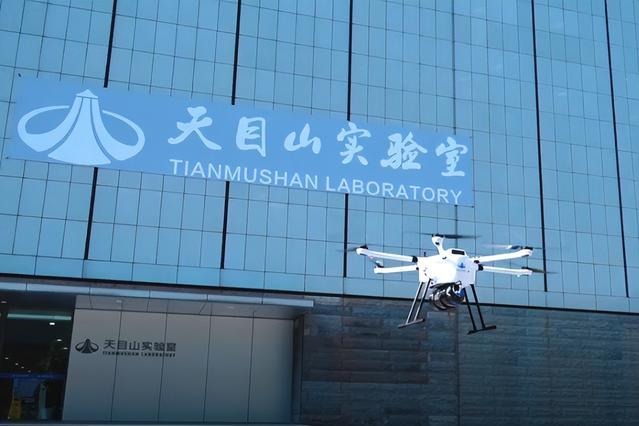New structure should be built, says economist

China and the United States need to build a new strategic partnership instead of being embroiled in a trade war, according to a leading US economist.
Stephen Roach, senior fellow at Yale University's Jackson Institute for Global Affairs, believes it is important for the world's two largest economies to work together and not be rivals in a new Cold War-this time one based on economics.
"Both the US and China should look to build a strategic partnership, and it is time to go back to the drawing board and come up with a new structure for the relationship," he said.
Roach was speaking after US President Donald Trump threatened in a speech to the Economic Club in New York on Nov 12 to "substantially" raise tariffs on Chinese goods if there wasn't a deal that was "good for the United States".
"He was threatening to be more aggressive in pushing for a new round of tariffs. I don't think this is the right way to approach things," Roach said.
The academic, a former Asia chairman of investment bank Morgan Stanley, believes Trump has the weaker hand if he wants to use these tactics.
"Politics on the US side weigh heavily on the president pushing for a deal with the election looming to get credit in both the financial markets and in the political arena for finally bringing this conflict to an end. It is in his interest much more than (Chinese President) Xi Jinping's to cut a deal," Roach said.
Whether a phase one deal is reached, or whether the US carries out its threat to impose further tariffs on a new range of Chinese goods on Dec 15, is no solution to the fundamental problem, according to Roach.
"The focus of these negotiations is the bilateral trade imbalance between the two countries. This doesn't solve anything for US companies or US workers. The US had trade deficits with 102 countries last year. If it does not trade with China, then this deficit with China is just going to transfer to the US' other trading partners," he said.
Roach, author of Unbalanced: The Co-dependency of America and China, a critically acclaimed book focusing on how the two countries have a major interest in their relationship working, said there is a need to look beyond trade to a much bigger picture.
He believes a permanent secretariat needs to be set up, perhaps in a neutral country, to create a proper dialogue between the two countries.
"This would be a move away from the episodic meetings that are currently taking place twice a year over lunches and dinners. It would focus on the strategic and economic dialogue between the two countries. It would be staffed by professionals and they would work on joint policy proposals."
Roach believes negotiations, which began in 2008, on a bilateral investment treaty between China and the US need to be resumed so that rules about access to each other's markets can be established.
"We need to access the Chinese market and the Chinese need to access our market, and the best way to do that is to resurrect the bilateral investment treaty we were negotiating before Trump came to office," he said.
Roach also believes that the US and China both need to play a leadership role in creating a new global accord for cyberspace.
"Cyber is not something that can be dealt with bilaterally. It is a global problem and it is important there is an accord that involves all the leading cyber-actors in the world. This would involve information sharing, tough enforcement mechanisms and penalties to ensure compliance," he said.
In terms of macroeonomic policy, he believes there should be a concerted effort to address the savings imbalances between the US and China, which he insists is the cause of Washington's hefty trade deficit with Beijing.
He said the US' current net domestic savings rate is just 2.4 percent of national income, compared with an average of 6.5 percent in the final three decades of the last century. This forces the US to import savings from abroad, leading to a trade deficit.
"The US should commit to saving more, which would mainly involve reducing rather than expanding its (fiscal) budget deficit, and China needs to commit to saving less. This involves building a bigger social safety net to stimulate private consumption."
Roach said he was surprised by the sensitivity the US was now showing to China's technological advancement, particularly its lead in areas such as 5G.
"The sensitivity frankly arises because we are nowhere near in the US to having an effective counterweight to Huawei," he said.
"We have no commercial presence in 5G infrastructure in any way whatsoever, so we have conjured up this paranoia that Huawei is going to install 5G hardware to get backdoor access to American businesses and consumers. There is absolutely no evidence for this whatsoever."
Roach said the danger for the US of adopting this stance is the risk is that it falls behind in technologies of the future.
"This could be the unintended consequence of shielding American technology companies from the competitive pressures they need to stay at the cutting edge," he said.


Today's Top News
- China remembers victims of Nanjing Massacre, 88 years on
- New plan will be a road map for a stronger future
- Taiwan's character of the year a vote against confrontation
- Strengthened resilience key for economy
- Video sheds new light on Japan's wartime atrocities
- Xi: World yearns for peace, trust more than ever






























